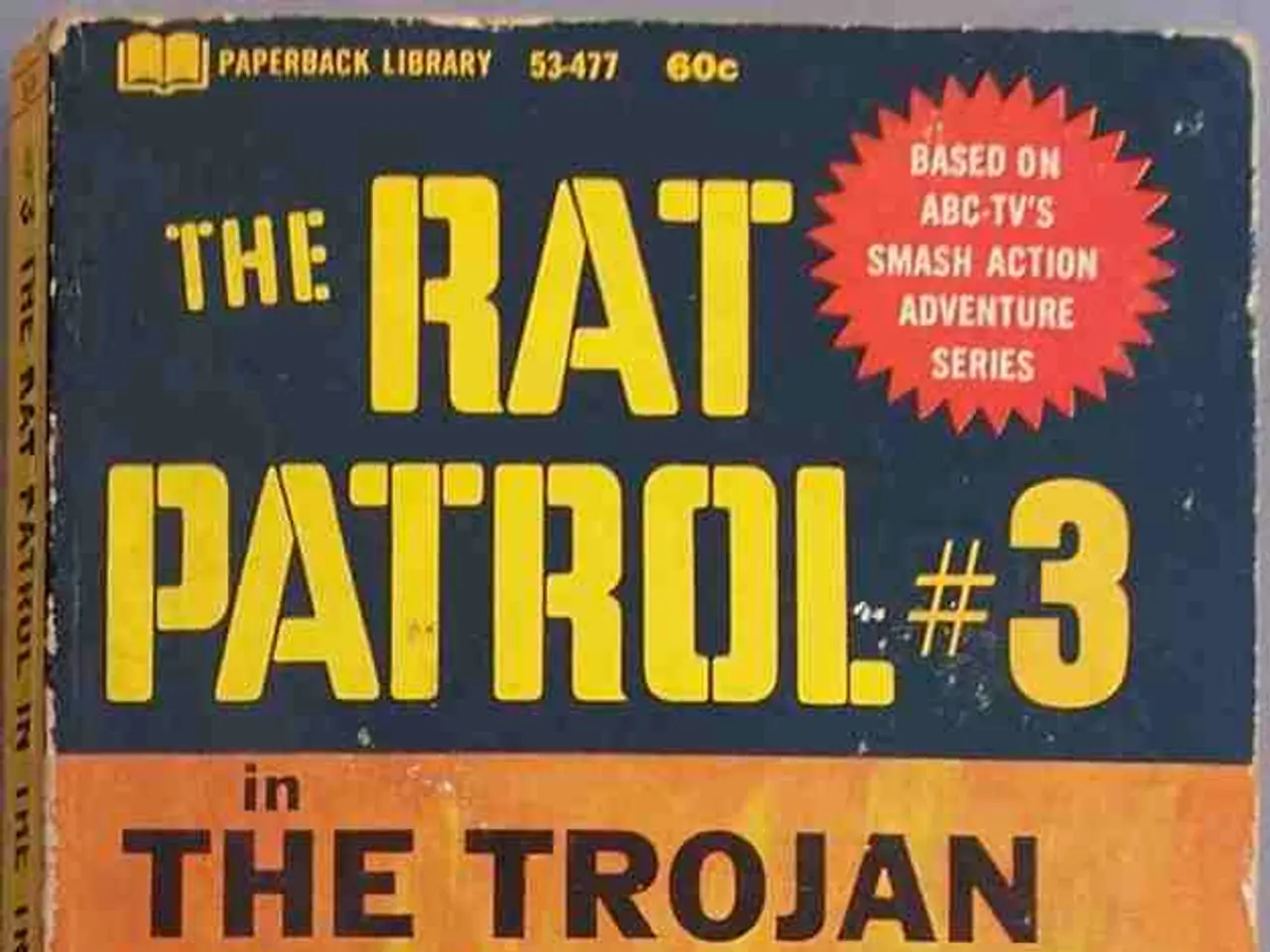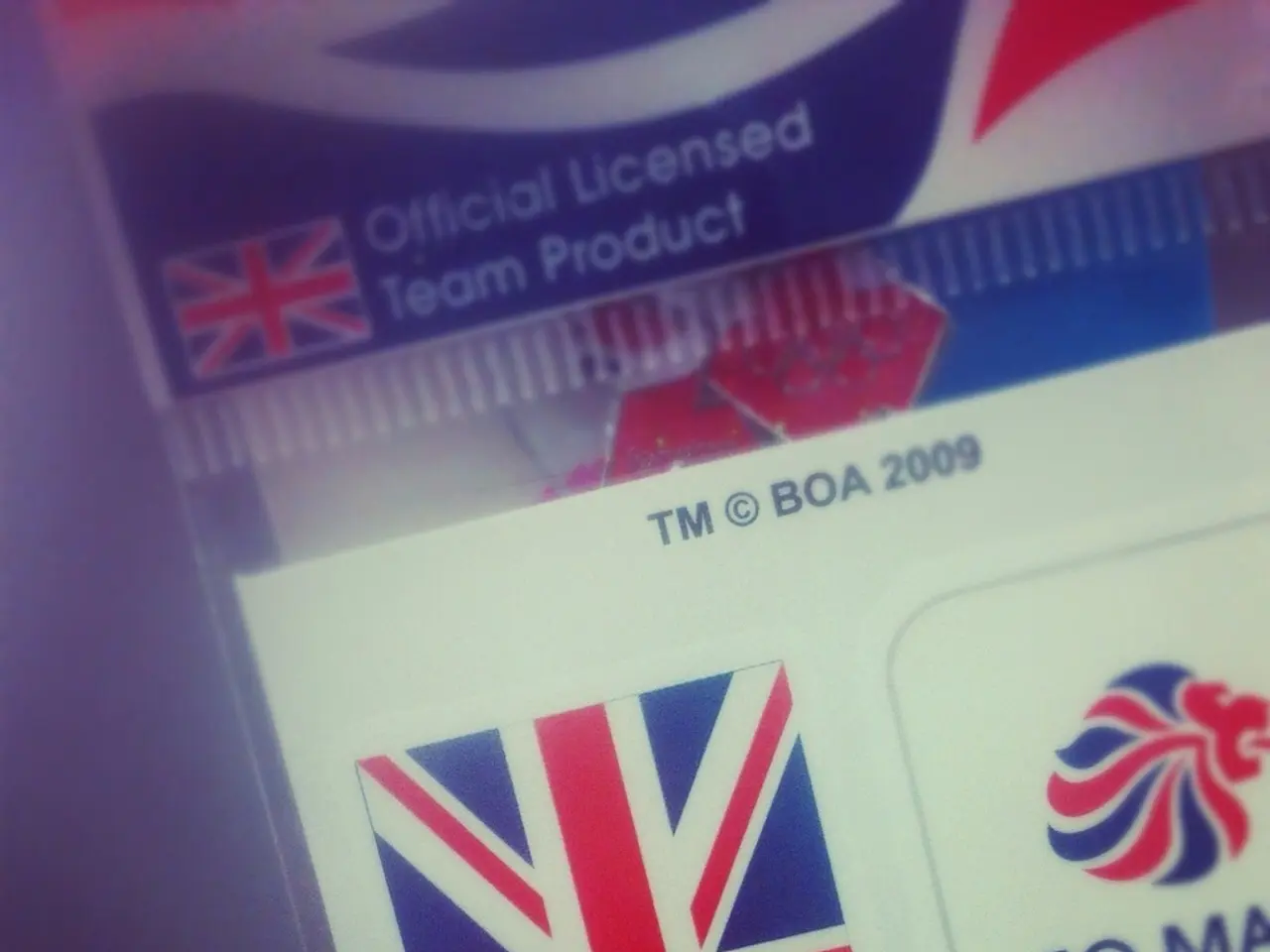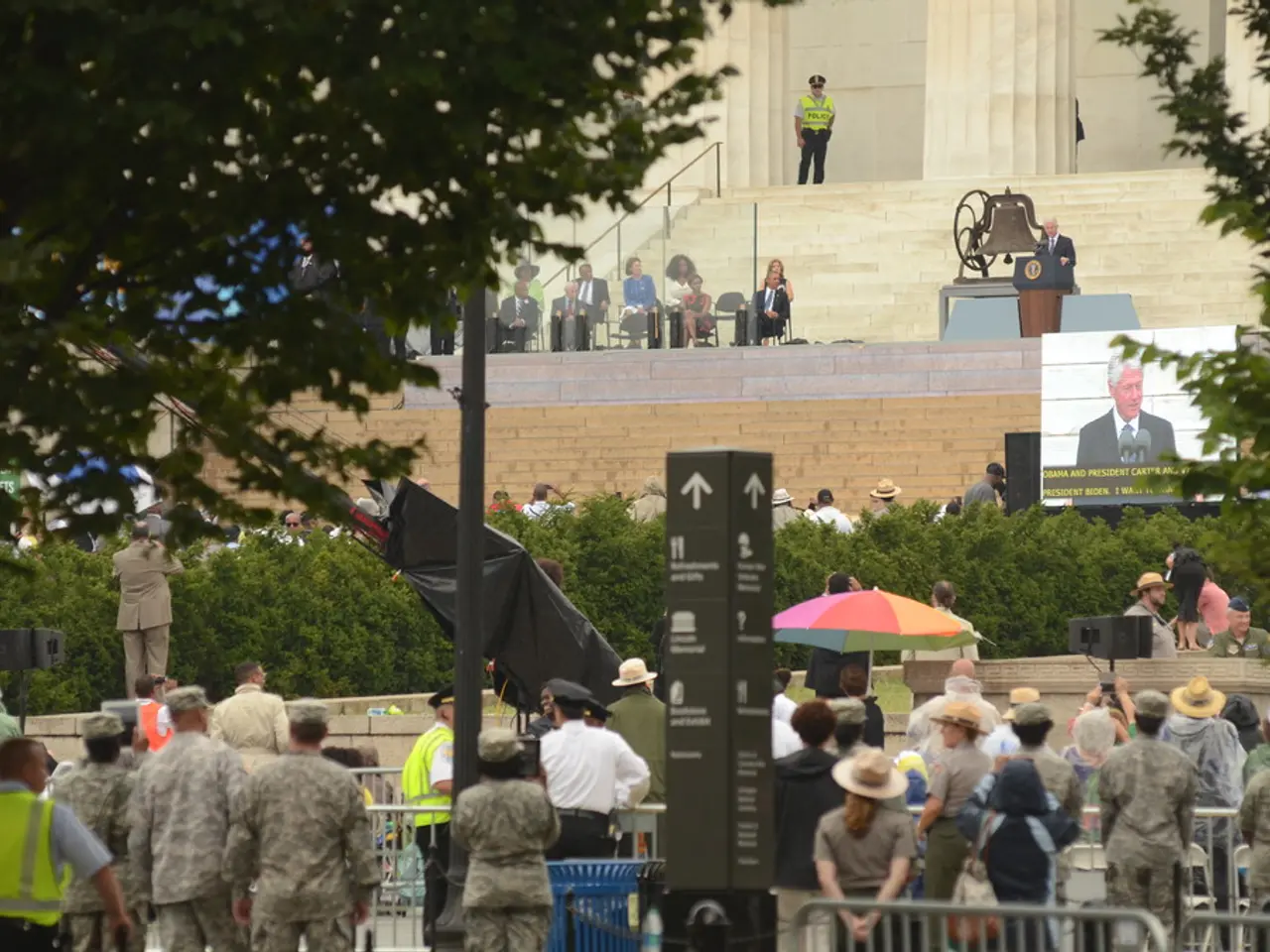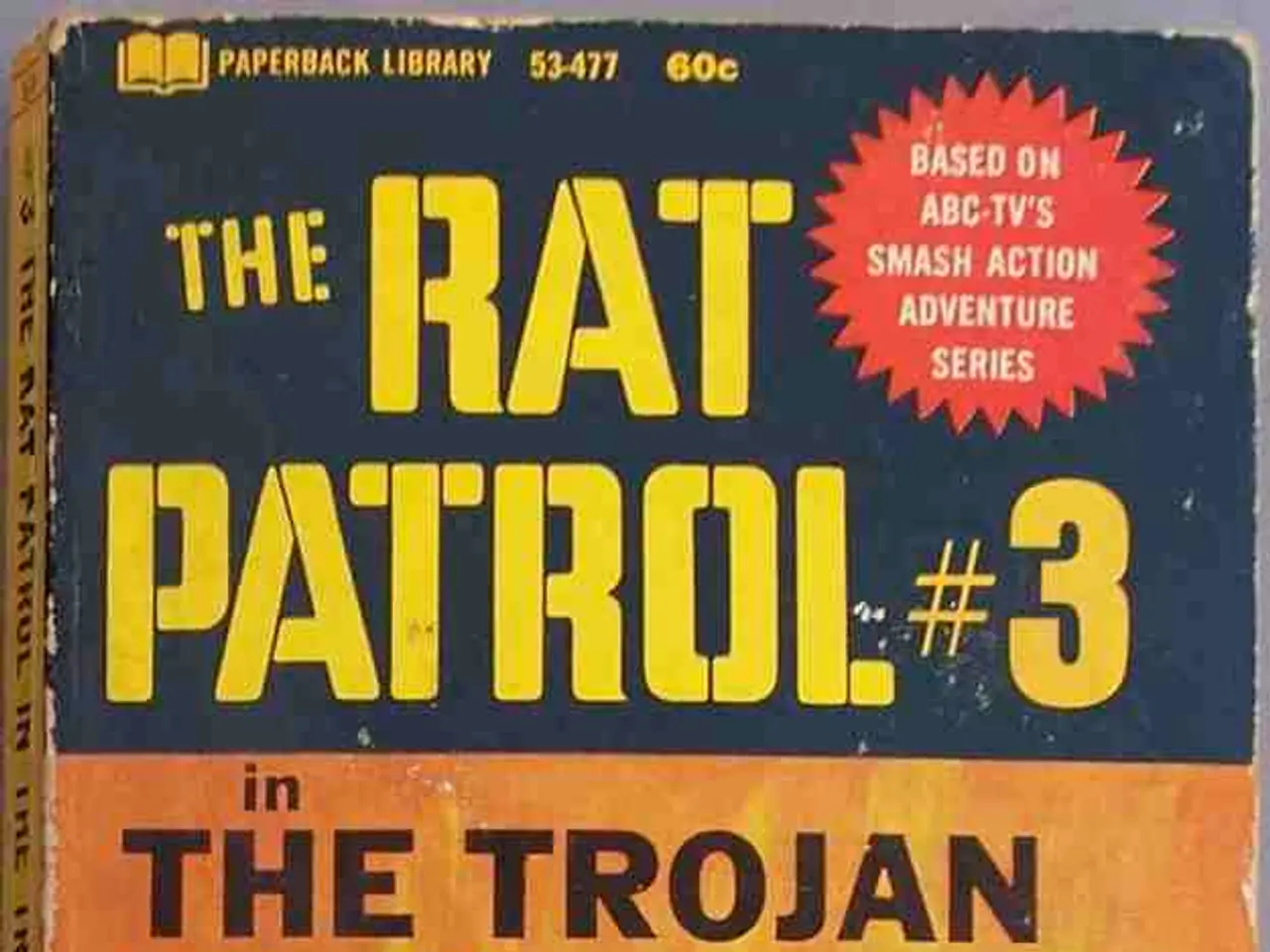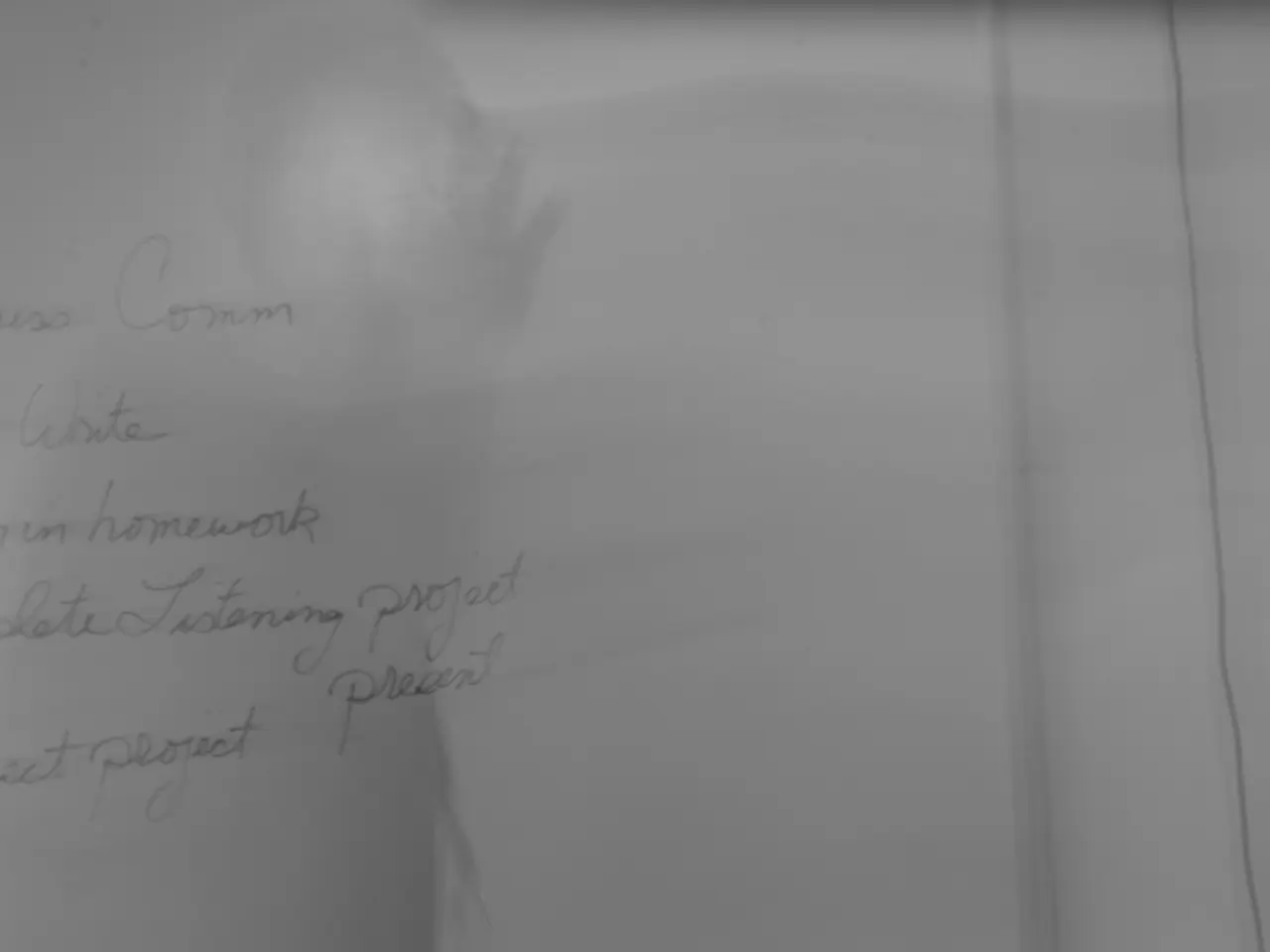Rutte calls for adaptable military aid from the United States
**Current State of Military Aid to Ukraine: Adjustments and Continued Support**
Amidst the ongoing conflict in Ukraine, the international community continues to offer support to the war-torn nation, with key players adapting their strategies in response to recent developments.
The United States has temporarily halted the delivery of certain air defense missiles and precision munitions to Ukraine due to concerns about depleting U.S. stockpiles [1]. This decision has raised concerns among Ukraine's allies in Congress about the country's vulnerability to Russian airstrikes. However, the U.S. has already provided Ukraine with nearly $66 billion in security assistance, which includes military hardware and munitions [2].
As a result of this pause in U.S. weapons shipments, Ukraine has been compelled to adjust its tactics. European countries have also been contributing financially and with supplies, but the halt in U.S. aid has prompted Ukraine to explore alternative strategies [3][4].
Meanwhile, European countries continue to provide financial and military aid to Ukraine, although specific details on recent contributions are less clear [4]. The European Union and individual European nations have been significant in supporting Ukraine's cause. The international community, including NATO allies, has been pivotal in providing military aid and diplomatic support to Ukraine, helping to maintain pressure on Russia and support Ukraine's efforts to defend itself.
Notably, Italy's Prime Minister Giorgia Meloni and former U.S. President Donald Trump reportedly discussed the war in Ukraine and EU-US trade negotiations [5]. Moreover, a spokesperson for the German government stated that Chancellor Friedrich Merz had spoken with Trump on Thursday, advocating for further weapons deliveries to Ukraine [6]. Additionally, Germany is considering the acquisition of defense goods worth up to 25 billion euros to deliver thousands of combat vehicles for the growing NATO force structure [7].
NATO Secretary General Mark Rutte has urged the USA to show "flexibility" in its military aid to Ukraine, further emphasizing the international community's collective support for the country [8].
On the battlefield, Russia has been using over 500 drones and missiles in a massive air strike last night, most of which were intercepted, but some did hit their targets [9]. President Volodymyr Zelensky highlighted the successful deployment of Ukrainian interception drones, reporting that "dozens of Shahed drones" were shot down by them [10]. In response, Russian air defense units have reportedly shot down dozens of Ukrainian drones in various parts of the country, including two near St. Petersburg [11].
Despite these attacks, no injuries or damage were reported due to the drone attacks near St. Petersburg [12]. Operations at St. Petersburg's Pulkovo Airport were temporarily suspended due to the drone attacks [13]. Alexander Drosdenko, governor of the Leningrad region around St. Petersburg, wrote on Telegram that two drones were shot down in districts south of the country's second-largest city [11].
Air alerts were triggered in over half of Ukraine's regions due to drone attacks [14]. The Ukrainian nuclear power plant in Zaporizhzhia has regained power after a three-and-a-half-hour outage [15]. IAEA Director General Rafael Grossi tweeted that the outage underscores the precarious security situation [16].
In a separate development, US broadcaster CNN reported that Trump also spoke with French President Emmanuel Macron [17].
As the conflict in Ukraine continues, the international community remains committed to supporting Ukraine in its fight against Russian aggression. The ongoing military aid and diplomatic efforts are crucial in maintaining the country's ability to defend itself and uphold its sovereignty.
The international community's continued support for Ukraine amidst war-and-conflicts and politics extends beyond military aid, as evidenced by discussions on EU-US trade negotiations and diplomatic talks between leaders of NATO allies. General-news outlets report ongoing financial contributions and strategic adjustments in response to temporary halts in specific military aid packages. The collective efforts of the international community, including NATO allies and individual nations like Italy, Germany, and France, are instrumental in providing diplomatic and military support to Ukraine, helping it defend against Russian aggression and maintain its sovereignty.
